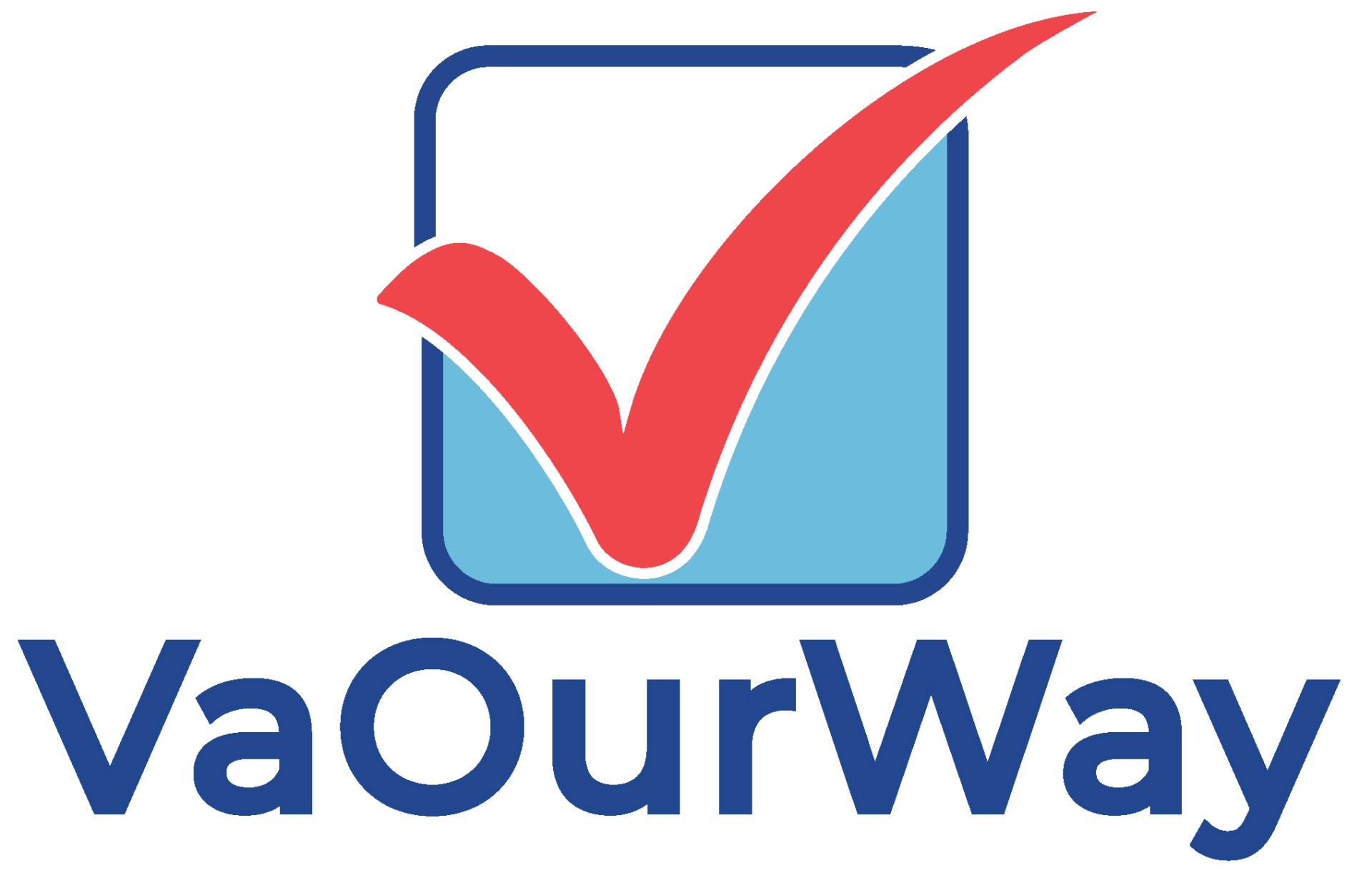The Opioid Crisis, Cost of Care, Medicaid Expansion
Background:
Access to comprehensive, affordable healthcare is vital to preventing and managing disease, reducing burdens of disability, and promoting the overall health of the population. Not only is equitable healthcare a matter of human rights, but it also creates a more productive and efficient workforce and takes financial burdens off of overburdened healthcare institutions.
Approximately 323,000 Virginians will continue to be uninsured and will still have to rely on free clinics and emergency rooms, while many more will struggle to pay high insurance premiums, even with government assistance. Further still, those who do not qualify for government assistance and do not have an option through an employer will struggle to find reasonably priced insurance coverage. Opioid deaths are still ravaging Virginia, especially in rural areas. We hope that these issues and more will be addressed by the legislature next session.
Looking Back at 2019:
An impressively bipartisan effort to raise the age limit for purchasing tobacco and nicotine vapor products from 18 to 21 passed this year. HB2748 was a direct response to the growing number of teens who are becoming addicted to such products. The US Center for Disease Control has reported that the percentage of high school seniors who have used an e-cigarette in the last 30 days has risen from 11% in 2017 to 20% in 2018. Use at a young age often leads to lifelong addictions. This bill gained particular support from House Speaker Kirk Cox, who was a teacher and is familiar with the mounting number of tobacco addictions.
The legislature also began to tackle what is sure to be a more complex issue in the future: telemedicine. Telemedicine is the practice of remotely caring for a patient, generally through videoconferencing and internet and phone communications. This has the potential to expand access to medical services, especially primary care services. While this industry will certainly require careful regulation, it seems to be an important step towards opening access to healthcare.
Medicaid Expansion
Medicaid expansion was historically a partisan issue in Virginia, preventing its passage when it first became available. After years of opposition, four Republican senators crossed party lines and Medicaid expansion was approved in 2018 and took effect at the beginning of this year. Traditional Medicaid only offers coverage to children, mothers, and pregnant women. The expanded services offer health coverage to all adults earning up to 138% of the poverty level. Prior to the expansion, those most in need of health coverage were excluded. Low-income individuals are more likely to develop hypertension, diabetes, and cancer, as well as additional mental health concerns. Since the beginning of this year, 325,092 Virginians, who were previously without any healthcare, have enrolled in Medicaid.
Cost of Care
Despite the successful expansion of Medicaid, there are still hundreds of thousands of Virginians left without access to affordable healthcare. Those who do not qualify for Medicaid but do not have the means to pay for comprehensive insurance are stuck in this healthcare gap. Many individuals have poor coverage with high deductibles or no insurance at all. The effects of this can be seen by the 36,000 lawsuits the University of Virginia Health System has filed in the last six years to recoup the high cost of medical services from the underinsured and uninsured. Many face financial ruin resulting from these lawsuits. This coverage gap should be addressed by the legislature in order to create a healthier and more equitable Virginia.
Prescription Drug Costs
Drug prices continue to rise far faster than the rate of inflation. The average annual cost of a brand-name drug has more than tripled in the past decade, jumping from $1,868 in 2006 to $6,798 in 2017, according to the AARP Public Policy Institute. The legislature will have to determine ways to moderate these price increases. Some options for mitigating these costs could come through negotiated prices for commonly used drugs, price caps, transparent pricing, or other solutions.
Mental Health and Disabilities
Virginia has seen a significant increase in those seeking mental health services from hospitals and psychiatric facilities. However, the state has not sufficiently allocated the resources to increase these vital public resources. The result is dangerous overcrowding at state facilities and overburdening of private facilities.
Autism has also emerged as an important issue. The prevalence of autism has increased significantly in recent years, with studies showing a rate of 1 in 59 children identified with autism spectrum disorder. Public healthcare and public education are ill-prepared to deal with the needs of this growing population. Virginia must step up to address these issues and advocate for this community. There are many ways for the legislature to do this, for instance, early intervention programs, funding for additional resources, and tax credits for businesses that hire people with autism.





